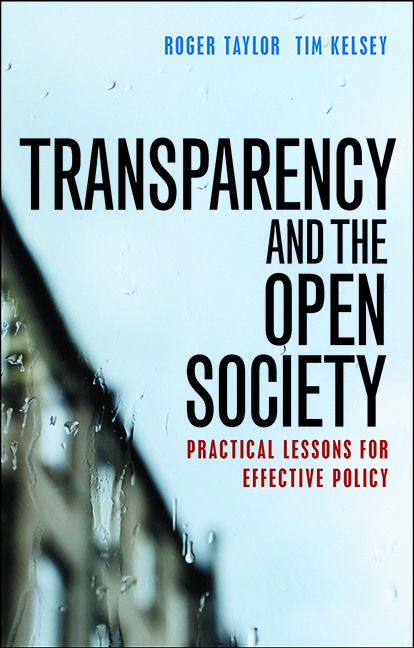8 - Every day is a fight for information
Published online by Cambridge University Press: 05 April 2022
Summary
War veterans in Croatia enjoy many privileges. They can import a car without paying duty, their children can attend any university in the country regardless of school grades, and they enjoy substantial pensions of often more than the average salary. In 1995, when the war in the region finished, there were 350,000 registered veterans. In 2010 there were more than 550,000, an inflation of 60% during 15 years of peace. ‘Everybody knew somebody who was claiming benefit, but not part of the war effort’, said Marko Rakar, a former printing entrepreneur who has become the country's most outspoken open government activist.
On 7 April 2010, an unofficial website appeared which offered citizens the opportunity to enter a person's name and review their war record, or type in a unit's name and obtain a list of veterans. The website became a cause célèbre after it revealed that the minister of war veterans himself had not told the truth about his service (he served 300 days less than he had maintained) and that there were many ‘veterans’ who had no war service record at all.
Rakar was arrested that day and held for nine more. The story dominated the news media. ‘When the Pope died the newspaper printed a special edition’, he said. ‘When I was arrested, they printed two special editions.’ The police had no evidence for his involvement in the website, but his arrest followed a widespread (unproven) assumption that he had been responsible for the leak of a similar government database on registered voters the year before.
In this earlier case, it emerged that Croatia had 4,750,000 registered voters – rather more (by 45,000) than its actual population. On the website, which allowed interrogation of this data, you could type in the name of your village or if you lived in a city you could select the street where you live and find the top 100 addresses with the largest number of registered voters per address. There was one building of 400 people at a nonexistent address in the mountains; there were people living in police stations and in public schools. In addition, it seemed that there were many people who were registered in both Croatia and neighbouring Bosnia, and media commentators alleged that this was deliberate gerrymandering and conferred electoral advantage on the ruling party.
- Type
- Chapter
- Information
- Transparency and the Open SocietyPractical Lessons for Effective Policy, pp. 131 - 150Publisher: Bristol University PressPrint publication year: 2016



